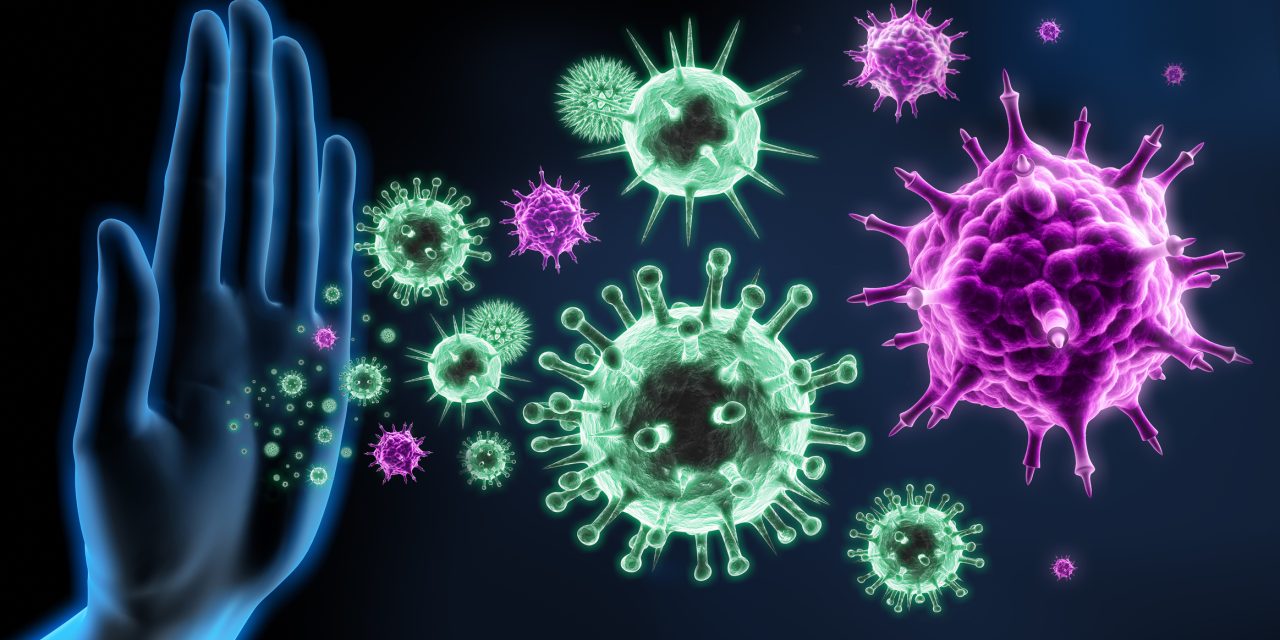From a scientific standpoint, the world is more prepared than ever to respond to infectious disease outbreaks; paradoxically, globalization and air travel, antimicrobial resistance, the threat of bioterrorism, and newly emerging pathogens driven by ecological, socioeconomic, and environmental factors, have increased the risk of global epidemics.1,2,3 Following the 2002-2003 severe acute respiratory syndrome (SARS), global efforts to build global emergency response capabilities to contain infectious disease outbreaks were put in place.4,5,6 But the recent H1N1, Ebola, and Zika global epidemics have shown unnecessary delays and insufficient coordination in response efforts.7,8,9,10 In a thoughtful and compelling essay,11 Thana C. de Campos argues that greater clarity in the definition of pandemics would probably result in more timely effective emergency responses, and pandemic preparedness. In her view, a central problem is that the definition of pandemics is based solely on disease transmission across several countries, and not on spread and severity together, which conflates two very different situations: emergency and nonemergency disease outbreaks. A greater emphasis on severity, such that pandemics are defined as severe and rapidly spreading infectious disease outbreaks, would make them “true global health emergencies,” allowing for priority resource allocation and effective collective actions in emergency response efforts. Sympathetic to the position taken by de Campos, here I highlight some of the challenges in the definition of severity during an infectious disease outbreak.
Commentary: Challenges to Achieve Conceptual Clarity in the Definition of Pandemics.


